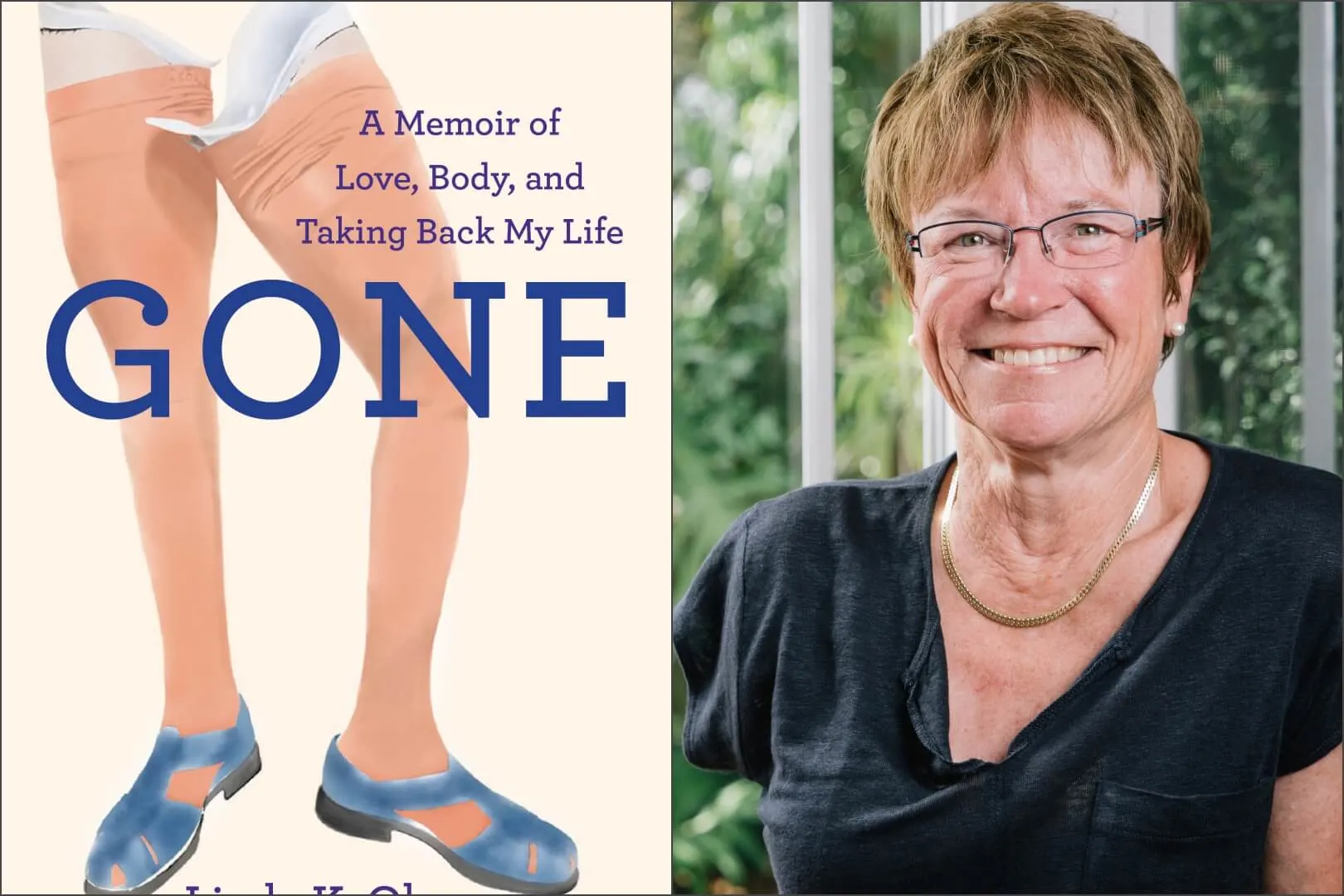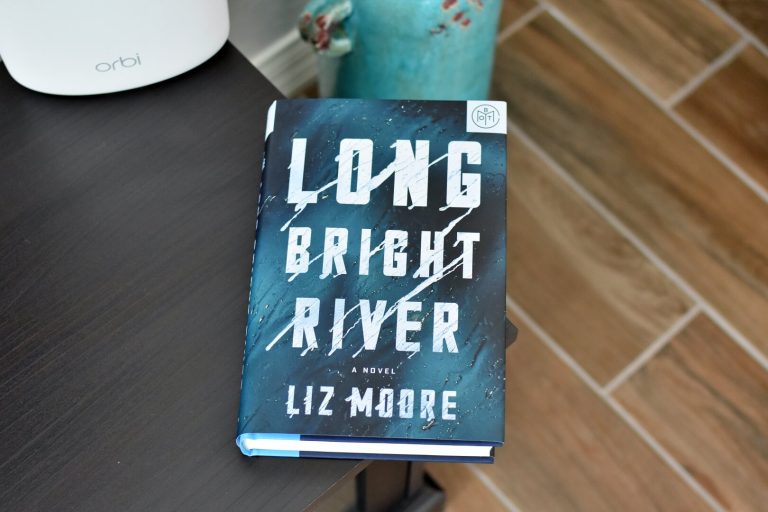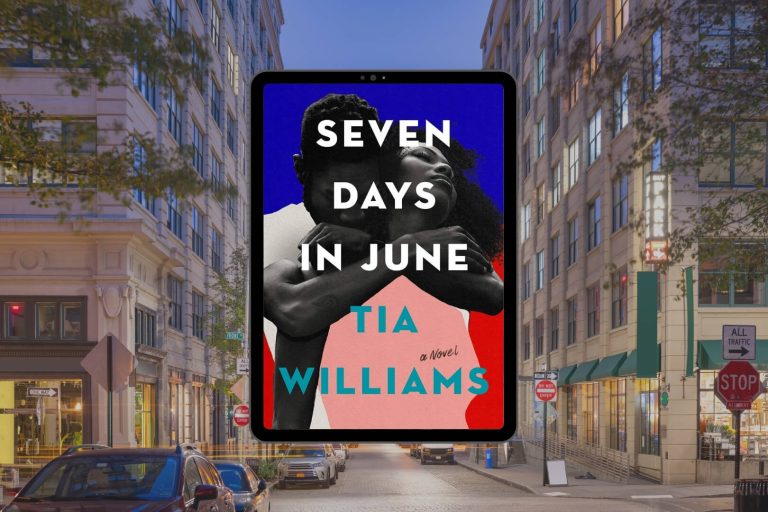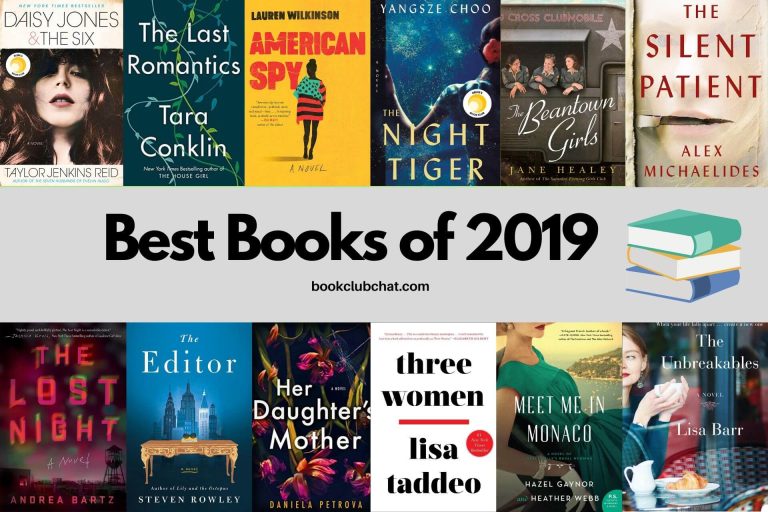Linda Olson is the author of Gone: A Memoir of Love, Body, and Taking Back My Life.
Over thirty years ago, Linda took back her life after a train accident that resulted in the loss of her right arm and both of her legs. What happened next stunned everyone but her: she went on to thrive in a loving marriage with her husband Dave, travel the world (oftentimes in a hunter’s pack strapped to Dave, pictured right), birth and raise two children, independently complete her residency and go on to work for three fulfilling decades as a Professor of Radiology and Director of Breast Imaging at UCSD. This journey is chronicled in her debut memoir, Gone.
The synopsis:
Linda Olson and her husband, Dave Hodgens, were young doctors whose story had all the makings of a fairy tale. But then, while they were vacationing in Germany, a train hit their van, shattering their lives―and Linda’s body. When Linda saw Dave for the first time after losing her right arm and both of her legs, she told him she would understand if he left. His response: “I didn’t marry your arms or your legs. If you can do it, I can do it.”
In order to protect their loved ones, they decided to hide the truth about what really happened on those train tracks, and they kept their secret for thirty-five years. As a triple amputee, Linda learned to walk with prostheses and change diapers and insert IVs with one hand. She finished her residency while pregnant and living on her own. And she and Dave went on to pursue their dream careers, raise two children, and travel the world.
Inspiring and deeply moving, Gone asks readers to find not only courage but also laughter in the unexpected challenges we all face. The day of the accident, no one envied Linda and Dave. Today, many do.
Let’s get to know Linda as she talks about sharing her story, key takeaways, and more!
What are some of your favorite books?
Crossing to Safety by Wallace Stegner; Where the Crawdads Sing by Delia Owens; The Perfect Predator by Steffanie Strathdee and Tom Patterson; When Breath Becomes Air by Paul Kalanithi; All the Light We Cannot See by Anthony Doerr; The Nightingale by Kristen Hannah
When did you decide to write a memoir?
Nine years ago, when my thirty-year old daughter wrote a story about growing up with a disabled mom. It was so moving that I decided it was finally time to tell our family story.
What motivated you to share your story?
First, I wanted to show that you could have a wonderful and fulfilling life with a family and career, in spite of one parent being severely disabled. After reading lots of memoirs, I realized they were all written within a few years of the accident. None of them spanned a 40-year period of time—the time it takes to document a successful life. I wanted partners and families of acutely injured or chronically ill people to see that if they honor their commitments and work as a team, they can have an awesome life.
Then, when I was diagnosed with Parkinson’s Disease, I found a community of people whose activities were slipping away because of a devastating neurodegenerative process. By sharing my story as a disabled person, I showed them they could still do things, they just needed to adapt and do things differently. My “Get Out and Go” message resonated with them. After hearing me speak or reading our story, they felt that if I can do it, they can do it.
How do you decide what elements of your life to include in the book?
I chose to start by describing the day I lost my legs and right arm in a train accident, followed by the three weeks in the trauma hospital in the Salzburg trauma hospital, where we struggled to accept the changes and plan our future. Returning to San Diego I shared the rehabilitation process and learning how to walk with prostheses. Then I explored life-events all families have in common—finding a place to live, working, having children, vacationing—and described how we adapted our lives to achieve those goals.
Fortuitously, I found two pieces our adult children had written for purposes other than the book—they became the prologue and epilogue. They are the perfect bookends to the story because they inform what it was like to grow up with a disabled parent. I included four of my husband’s short, but very intense pieces. They bring all our voices together and give it great credibility.
What do you hope are some of the key takeaways of your memoir for readers?
Encourage people to take control of their lives.
Choose to be happy.
If I can do it, you can do it.
Honor your commitments.
Laugh and get people to laugh with you.
What are you currently reading and what’s on your TBR (to be read) list?
Arroyo: A Novel by Chip Jacobs; The Kingdom by Jo Nesbo; The Splendid and the Vile by Erik Larson
Click here to order Gone on Amazon.






